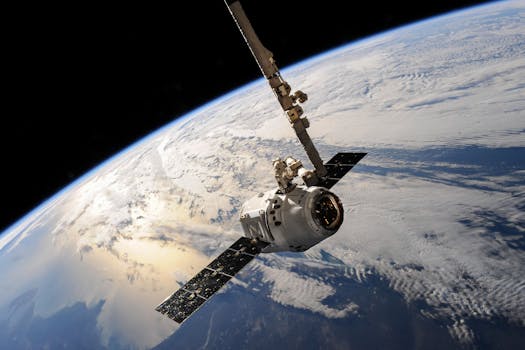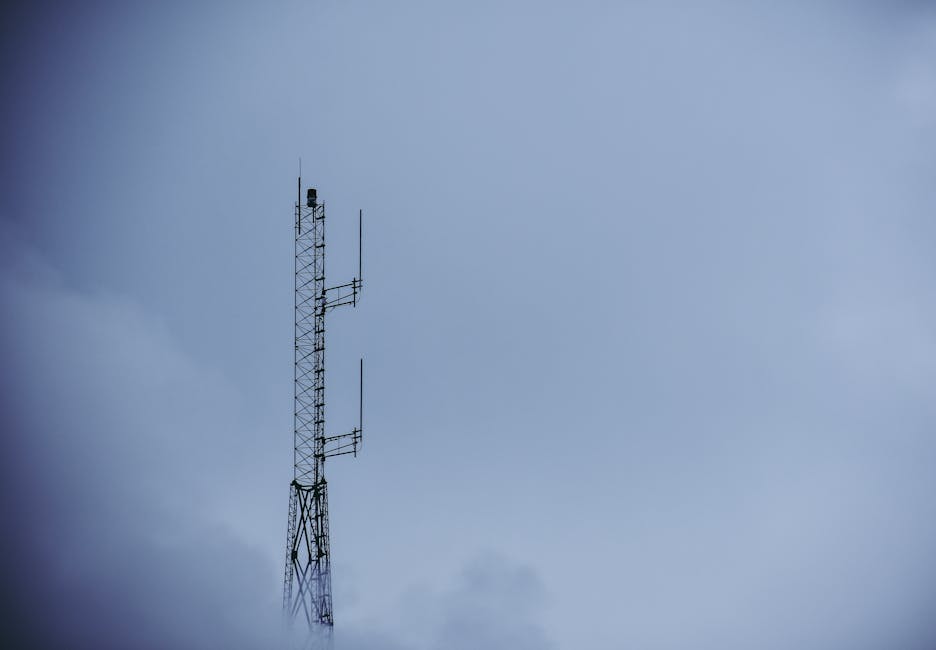The Future of Satellites: Revolutionizing Global Connectivity

The Future of Satellites: Revolutionizing Global Connectivity
The future of satellites is poised to revolutionize global connectivity, enabling faster and more reliable communication services. With advancements in space technology, satellites are becoming increasingly important for navigating, communicating, and observing the Earth. Satellites have been a crucial part of modern life, from providing television channels and internet connectivity to enabling GPS navigation and weather forecasting.
Introduction to Satellites
Satellites are objects that orbit around the Earth, either naturally or artificially. Natural satellites, such as the Moon, have been orbiting the Earth for billions of years. However, artificial satellites, which are human-made, have been in existence for only a few decades. The first artificial satellite, Sputnik 1, was launched by the Soviet Union in 1957, marking the beginning of the space age.
Since then, thousands of satellites have been launched into space, serving various purposes, including communication, navigation, weather forecasting, and Earth observation. Satellites have become an essential part of modern life, and their importance is expected to grow in the future.
Advancements in Satellite Technology
Recent advancements in satellite technology have enabled the development of smaller, more efficient, and cost-effective satellites. One of the most significant advancements is the development of nanosatellites, which are smaller than traditional satellites and weigh less than 10 kilograms. Nanosatellites are often used for Earth observation, communication, and scientific research.
Another significant advancement is the development of reusable rockets, which has reduced the cost of launching satellites into space. Companies such as SpaceX and Blue Origin are at the forefront of reusable rocket technology, enabling the launch of satellites at a lower cost and with greater efficiency.
Furthermore, advancements in materials science have enabled the development of more efficient solar panels and batteries, which are used to power satellites. This has led to the development of satellites with longer lifetimes and greater capabilities.
Applications of Satellites
Satellites have a wide range of applications, from communication and navigation to weather forecasting and Earth observation. Communication satellites are used to provide television channels, internet connectivity, and mobile phone services. Navigation satellites, such as GPS, are used to provide location information and timing signals.
Weather forecasting satellites are used to monitor weather patterns and predict weather conditions. Earth observation satellites are used to monitor the Earth’s surface, oceans, and atmosphere, providing valuable data for scientific research and environmental monitoring.
In addition, satellites are used for military and defense purposes, such as surveillance and communication. They are also used for scientific research, such as studying the Earth’s magnetic field and the effects of climate change.
Future of Satellites
The future of satellites is expected to be shaped by advancements in technology and the growing demand for satellite services. One of the most significant trends is the development of satellite constellations, which are groups of satellites that work together to provide global coverage. Companies such as SpaceX and OneWeb are developing satellite constellations to provide global internet connectivity and other services.
Another trend is the development of satellite-based navigation systems, such as the European Union’s Galileo system and China’s BeiDou system. These systems are expected to provide more accurate and reliable navigation services, competing with the GPS system.
In conclusion, the future of satellites is poised to revolutionize global connectivity, enabling faster and more reliable communication services. With advancements in space technology, satellites are becoming increasingly important for navigating, communicating, and observing the Earth. As the demand for satellite services continues to grow, the development of satellite constellations and satellite-based navigation systems is expected to shape the future of the satellite industry.







